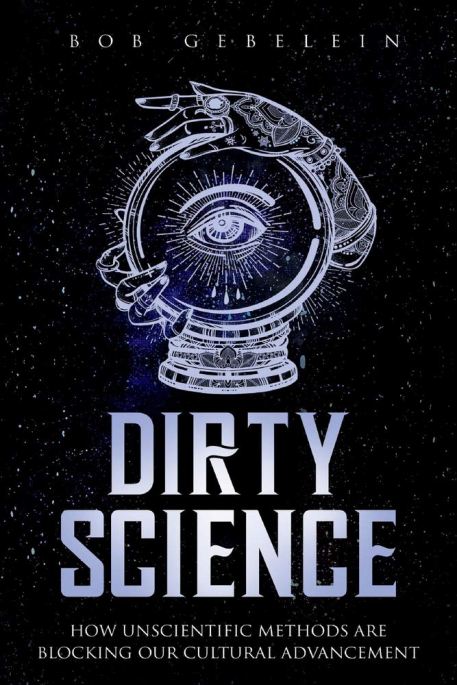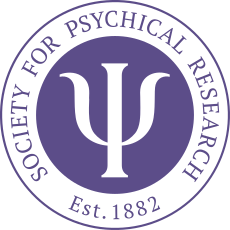
Reviewed by Robert McLuhan
Anyone who feels exasperated by the limits of contemporary materialist thinking will likely be interested in a book called Dirty Science. As the title suggests, this is a highly critical survey of prejudice towards topics that mainstream science considers to be pseudoscience, notably parapsychology. The American author Bob Gebelein surveys the chicanery, the politicking, abuse and ridicule conveyed in sceptical responses to experiences and research seemingly rendered illegitimate by the physicalist paradigm.
He introduces the book as
a story of corruption and abuse of power, of scientific ridicule and academic prejudice, of how the people we have trusted to give us accurate knowledge have betrayed that trust and blocked large segments of knowledge from our view.
His targets range from famous scientists such as biologists Richard Dawkins, Edward O. Wilson, John B. Watson (the founder of behaviourism), to present day sceptics like James Alcock, and the ‘guerrilla skeptics’ and nameless editors of Wikipedia. Chapter headings include ‘scientific and unscientific methods’, ‘science as religion’, ‘the pretense of objectivity’, and so on.
Gebelein is offended by the ridicule dished out by the likes of Dawkins, and the dishonesty displayed in, for instance, the notorious put-down of parapsychology in a report by the US National Research Council (i.e. Druckman & Swets, 1988). Against the slogan, ‘extraordinary claims require extraordinary evidence’, he questions whether claims of psychic experiences really are that extraordinary, if they are reported by such large percentages in public surveys – as many as 90% in a recent online poll of more than 4000 Americans (pp. 17, 163). Surely, what is truly extraordinary, he points out, is that strong scientific evidence provided by, for instance, Daryl Bem’s (2011) meta-analysis, should have to be refuted by changing statistical rules that science has long relied on.
Gebelein first encountered academic bias at Harvard, where he was encouraged to think for himself, but found in practice that the students who got good grades were those who parroted their teacher’s views. Disillusioned, he soon turned his back on the prevailing academic culture, reading ‘taboo’ New Age and other literature. His experiences with precognitive dreams appear to have made him a natural ‘believer’: he mentions having dreamed of his grandmother’s death an hour before he received the information (p. 6), which he says was all the evidence he needed to know there was a reality beyond what he was taught at Harvard. But he appears nevertheless to be well-read in the literature of psychical research.
A social scientist might have ventured to dig deeper, to discover the basis of the scientific consensus around physicalism, and discuss motivations which from the point of view of mainstream scientists seem to be, not prejudice or bias at all, but on the contrary entirely reasonable. Again, another writer might have looked for common ground, with a view to building a bridge between worldviews. But this is emphatically not that sort of book. On the contrary, it is a deeply personal view by someone who has had it up to here with scientific prejudice: a sort of articulate venting – passionate, but also often rambling and repetitive, like someone musing out loud. Some readers may want to skip the middle section, a lengthy digression on the author’s positive experiences with psychotherapy, although I stuck with it, finding it curiously reminiscent of of Robert Pirsig’s Zen and the Art of Motorcycle Maintenance – thrown in with a companion with an unsettled, questing mind and going along for the ride.
If you don’t know the scale and depth of the hostility expressed by scientists towards parapsychology and related subjects, this will be an eye-opener. But SPR members who understand it all too well may also find it a stimulating read.
References
Bem, D. J. (2011). Feeling the future: experimental evidence for anomalous retroactive influences on cognition and affect. Journal of Personality & Social Psychology, 100, 407-425.
Druckman, D., & Swets, J. A. (1988). Enhancing Human Performance. Washington: National Academy Press.

